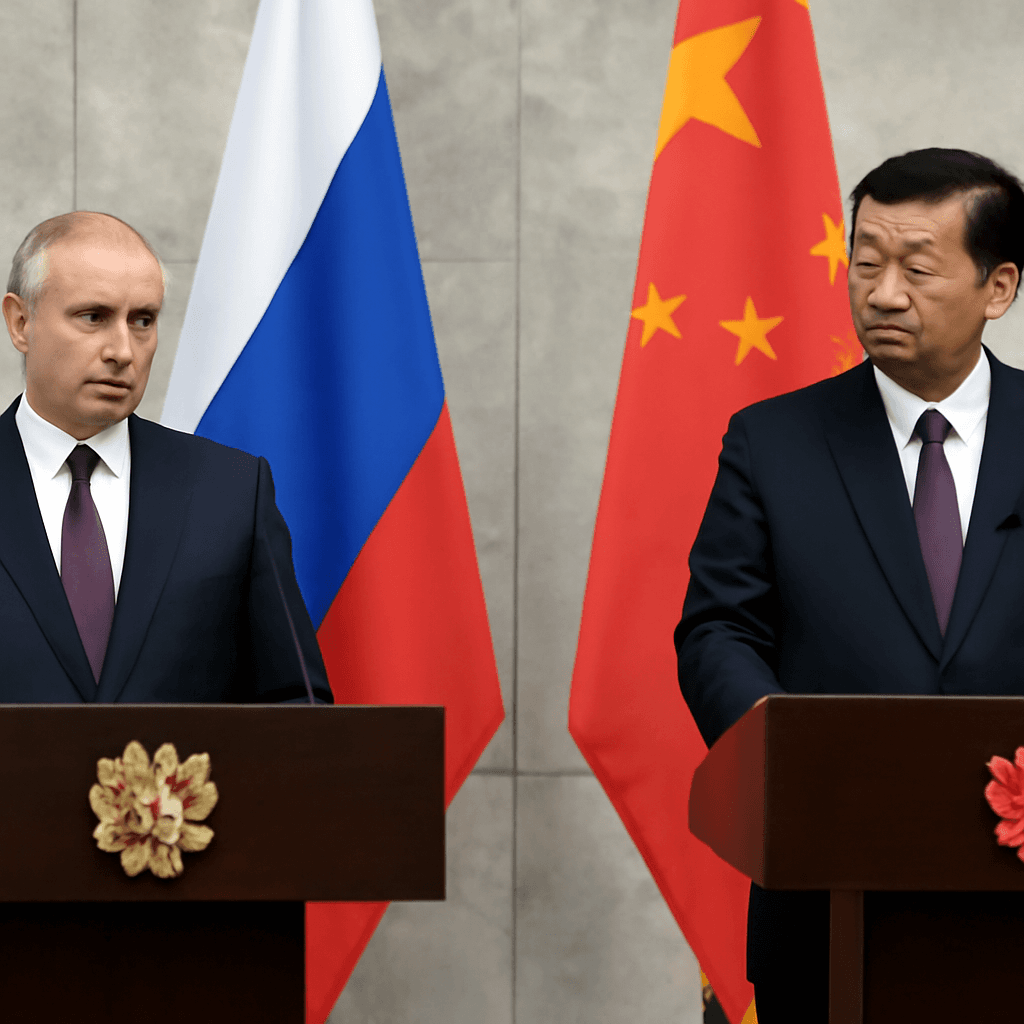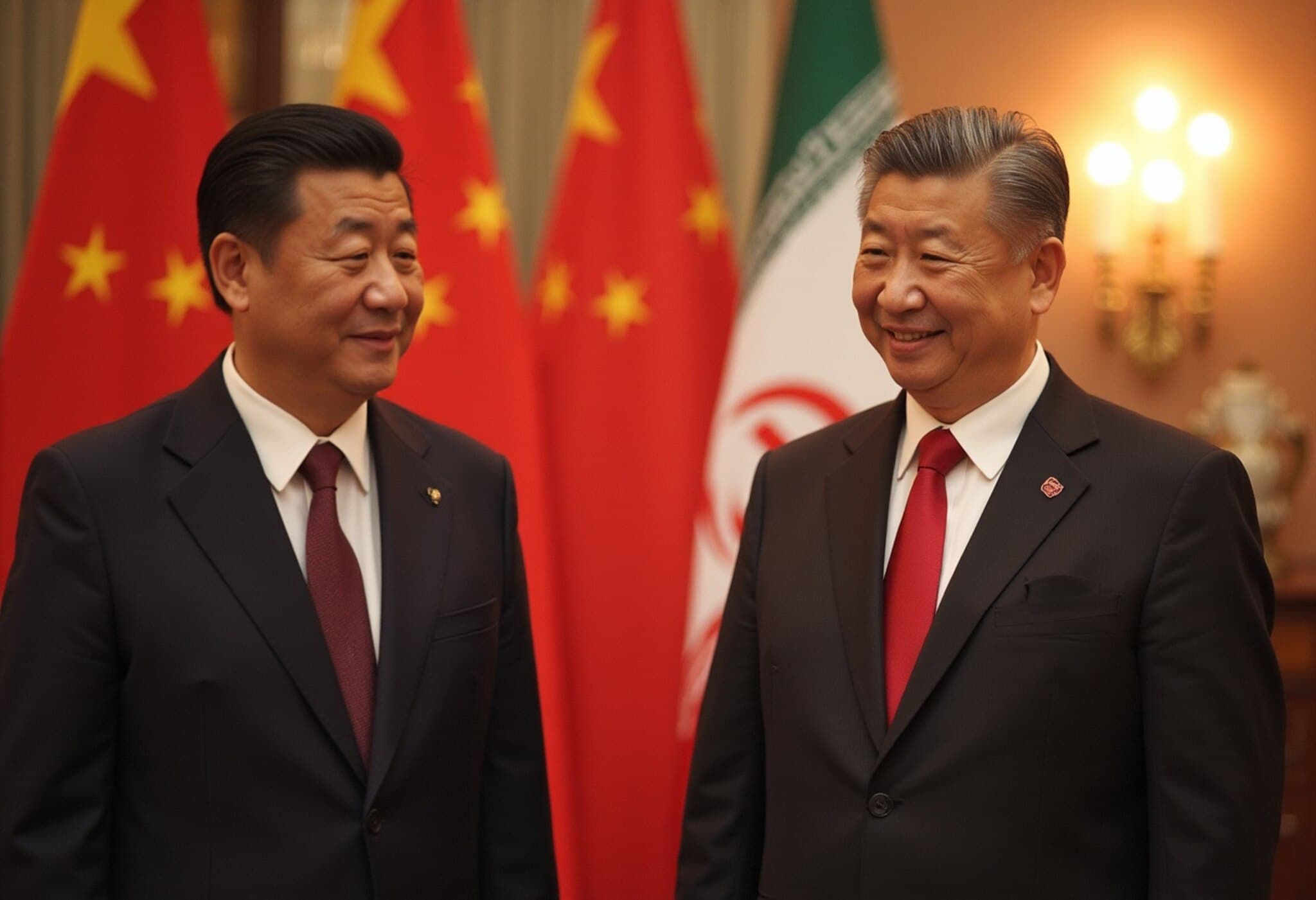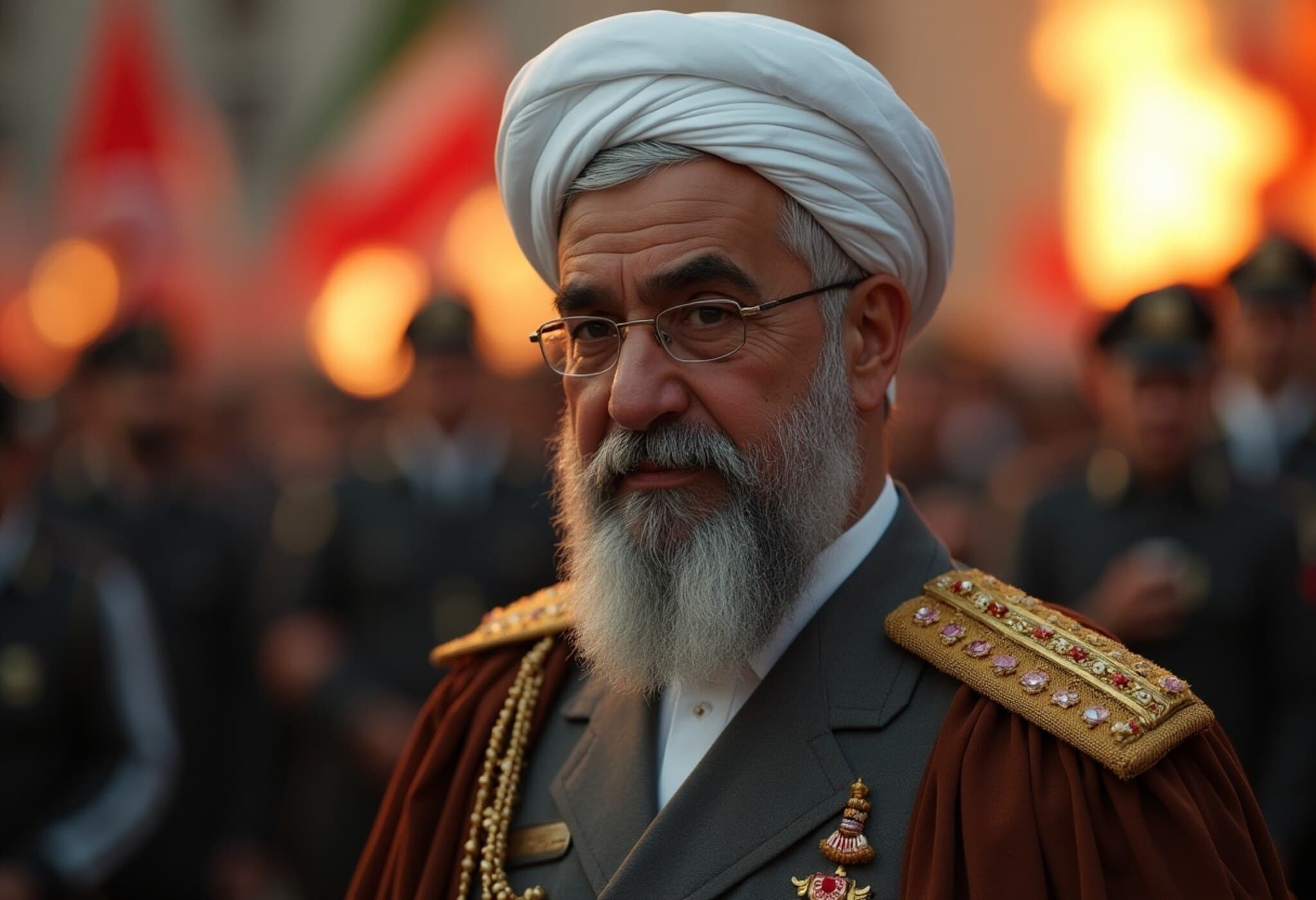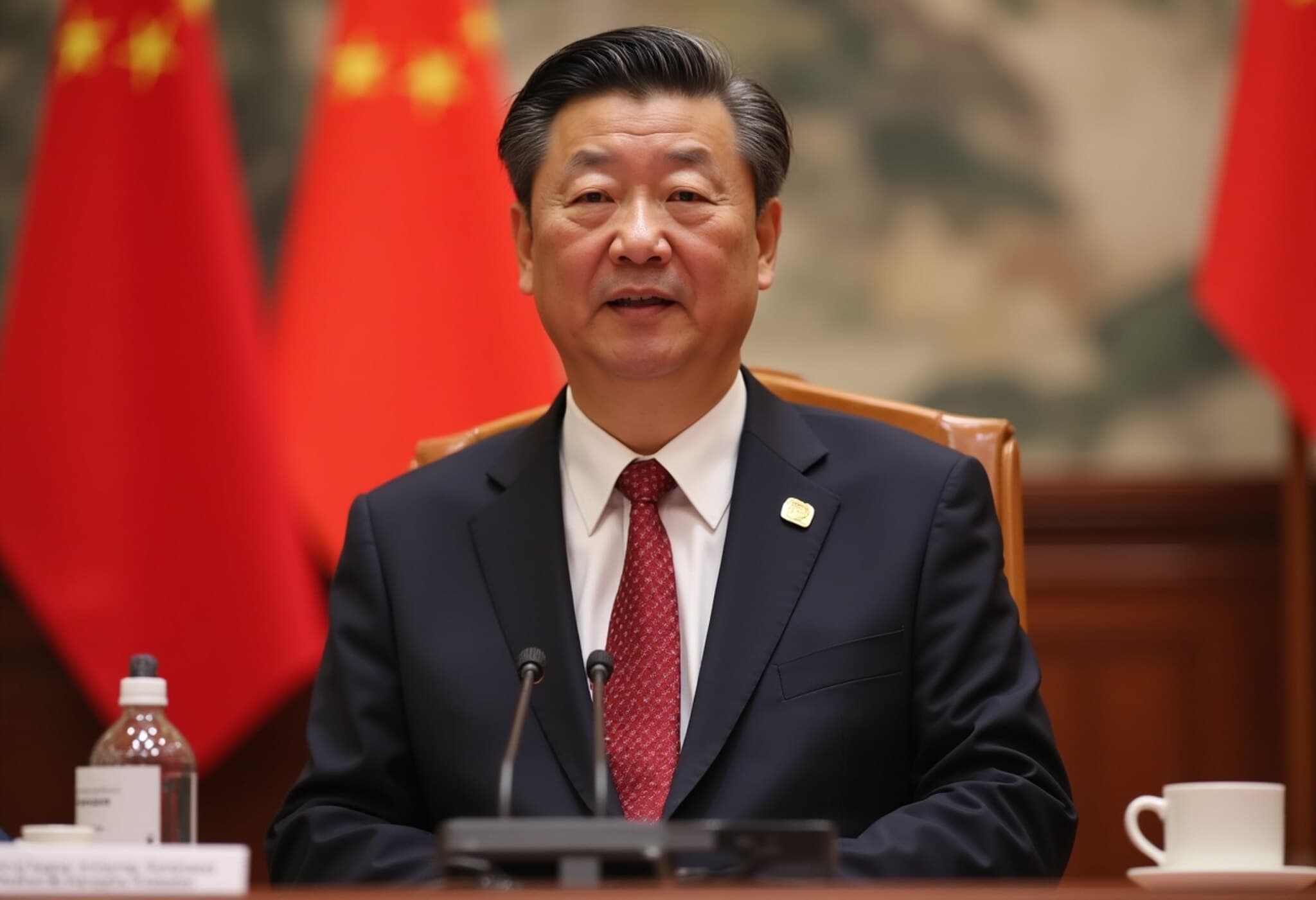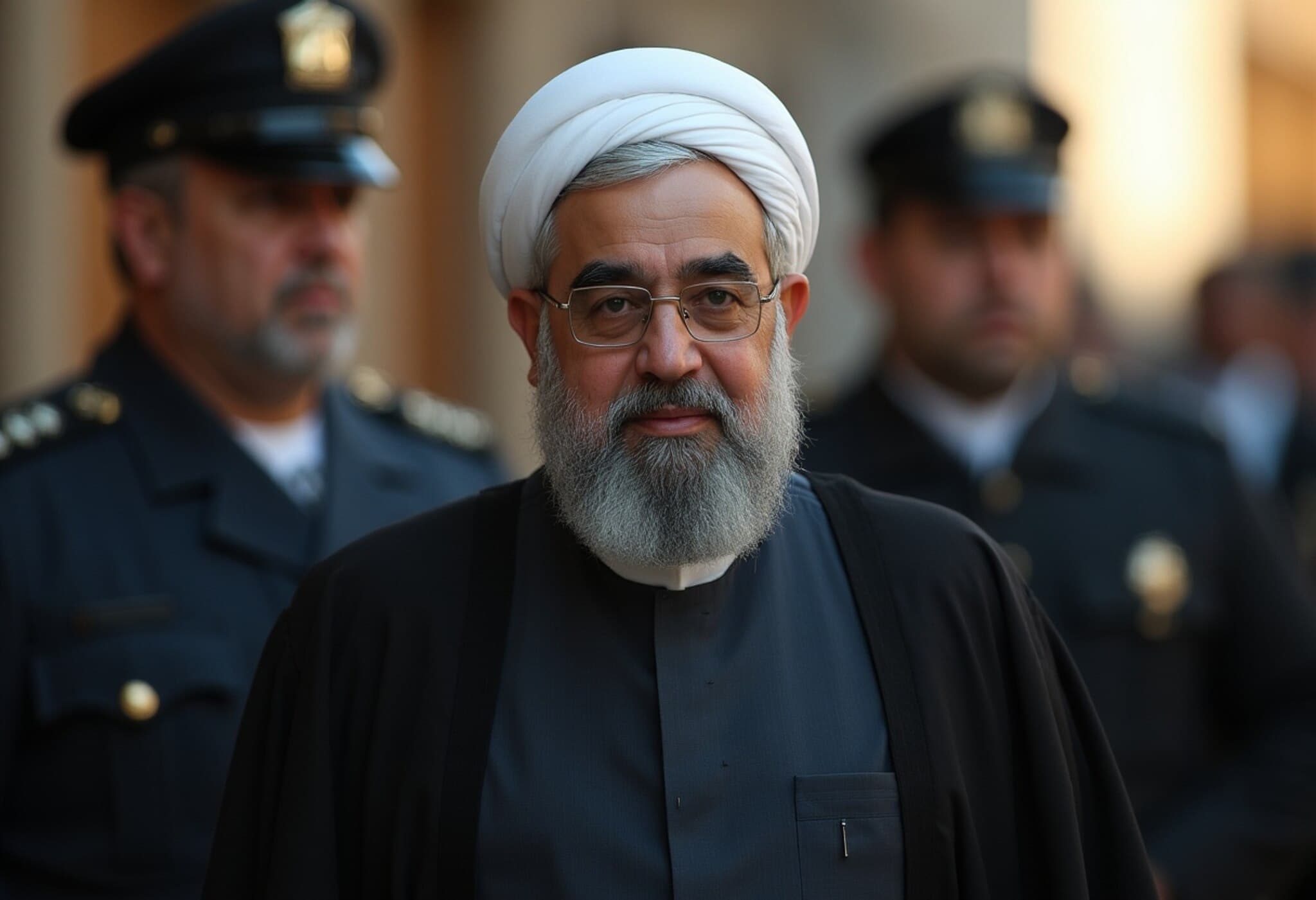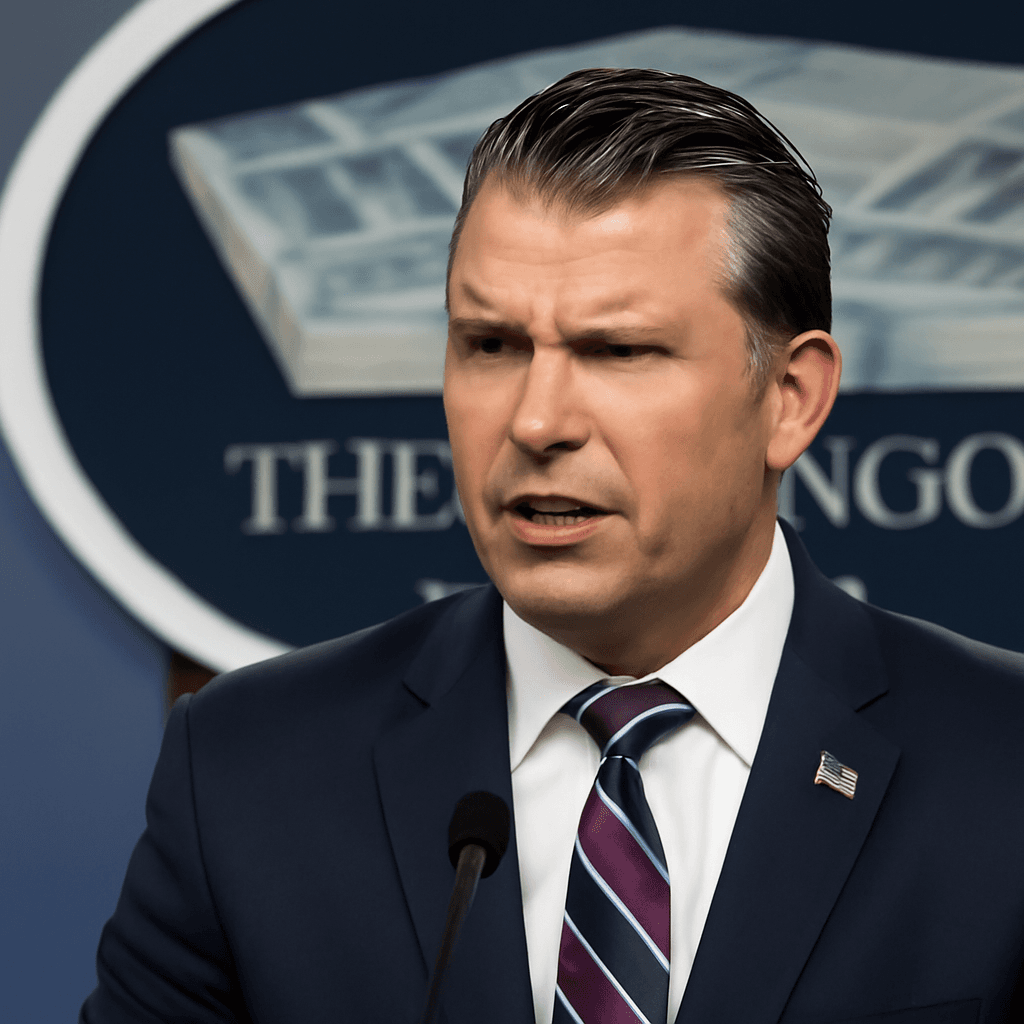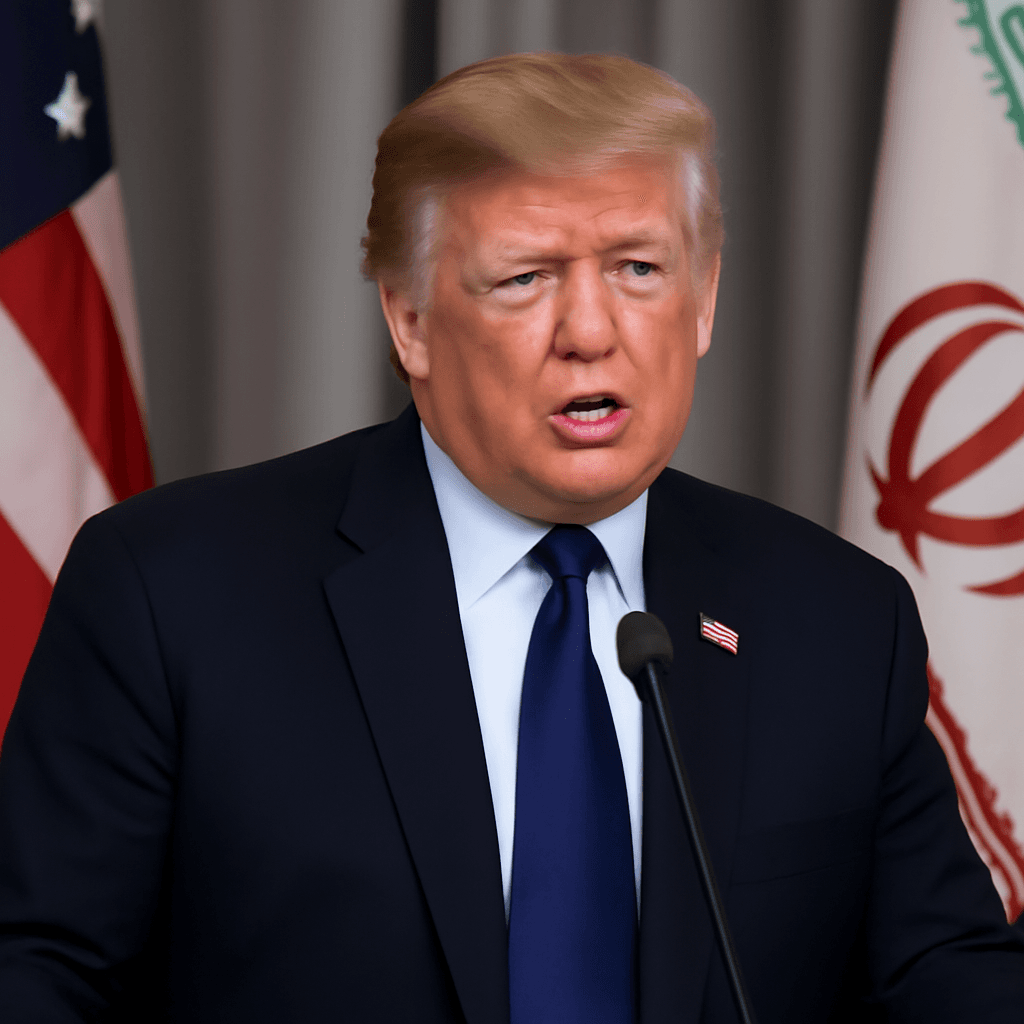Russia’s Uneasy Alliance with China Uncovered
Despite the public display of friendship between Russian President Vladimir Putin and Chinese leader Xi Jinping, internal documents from Russia’s Federal Security Service (FSB) reveal a stark contrast behind the scenes. A leaked classified report labels China as a significant threat—referring to Beijing as “the enemy”—highlighting Moscow’s deep mistrust of its strategic partner.
Emerging Fears: China’s Espionage Against Russia
The eight-page FSB planning document, originating from a previously unknown intelligence unit, warns Russia about China’s relentless efforts to recruit Russian spies and access sensitive military technologies. The report highlights attempts by Beijing to lure disaffected Russian scientists and infiltrate key military projects.
Furthermore, the document discloses that Chinese intelligence agencies are actively surveilling Russia’s military operations in Ukraine. This espionage aims to capture vital intelligence on Western arms and battlefield tactics, providing China with insights into advanced warfare capabilities.
Territorial Concerns and Arctic Activities
Bordering more than 4,000 miles with Russia, China is suspected of laying subtle claims on parts of Russian territory, particularly in underpopulated, strategic regions along their shared frontier. Russian academics and intelligence officials reportedly track efforts by Chinese scholars to build narratives that could justify future territorial claims.
The document also sheds light on clandestine activities in the Arctic. Chinese operatives are believed to be conducting espionage through mining companies and university research centers, seeking footholds in this resource-rich and geopolitically vital region.
The Paradox of Dependence and Distrust
Since 2022, following Russia’s invasion of Ukraine, the Sino-Russian partnership has reshaped global geopolitics. China has become Russia’s largest importer of oil and a key supplier of crucial computer chips, software, and military components—especially as Western sanctions crippled Moscow’s access to technology and markets.
Beyond economics, the two nations have pursued joint cultural projects and ambitious space exploration plans, such as establishing a lunar base. Yet, despite these public gestures, Russia continues to regard China with suspicion.
Counterintelligence Measures: Project Entente-4
Remarkably, just days before Russia’s full-scale invasion of Ukraine, the FSB launched a new counterintelligence program named “Entente-4.” The name, ironically echoing a historic alliance, masks its true aim: to curtail Chinese intelligence penetrations into Russian affairs.
The program seeks to impede Beijing’s efforts to compromise Russian officials, experts, journalists, and influential business figures. FSB operatives have been tasked with monitoring communications, especially via the Chinese messaging app WeChat, employing hacking and surveillance techniques to identify and neutralize spying activities.
Officers are also conducting direct meetings with Russians engaged with China, warning them about Beijing’s intentions to exploit Russia’s scientific research and strategic knowledge.
Looking Ahead: A Relationship of Convenience and Caution
In sum, the Sino-Russian relationship remains a complex blend of cooperation and covert rivalry. While united against Western influence, Russia’s security services continue to brace for espionage, territorial maneuvers, and strategic exploitation by its closest partner.
This delicate balance underscores global power dynamics in flux, where alliances are not always as straightforward as they appear.

